
Related insights
.jpg)
With dedicated career coaches in 90 percent of its public high schools, the state connects learners with information about education pathways to high-demand, high-wage jobs.
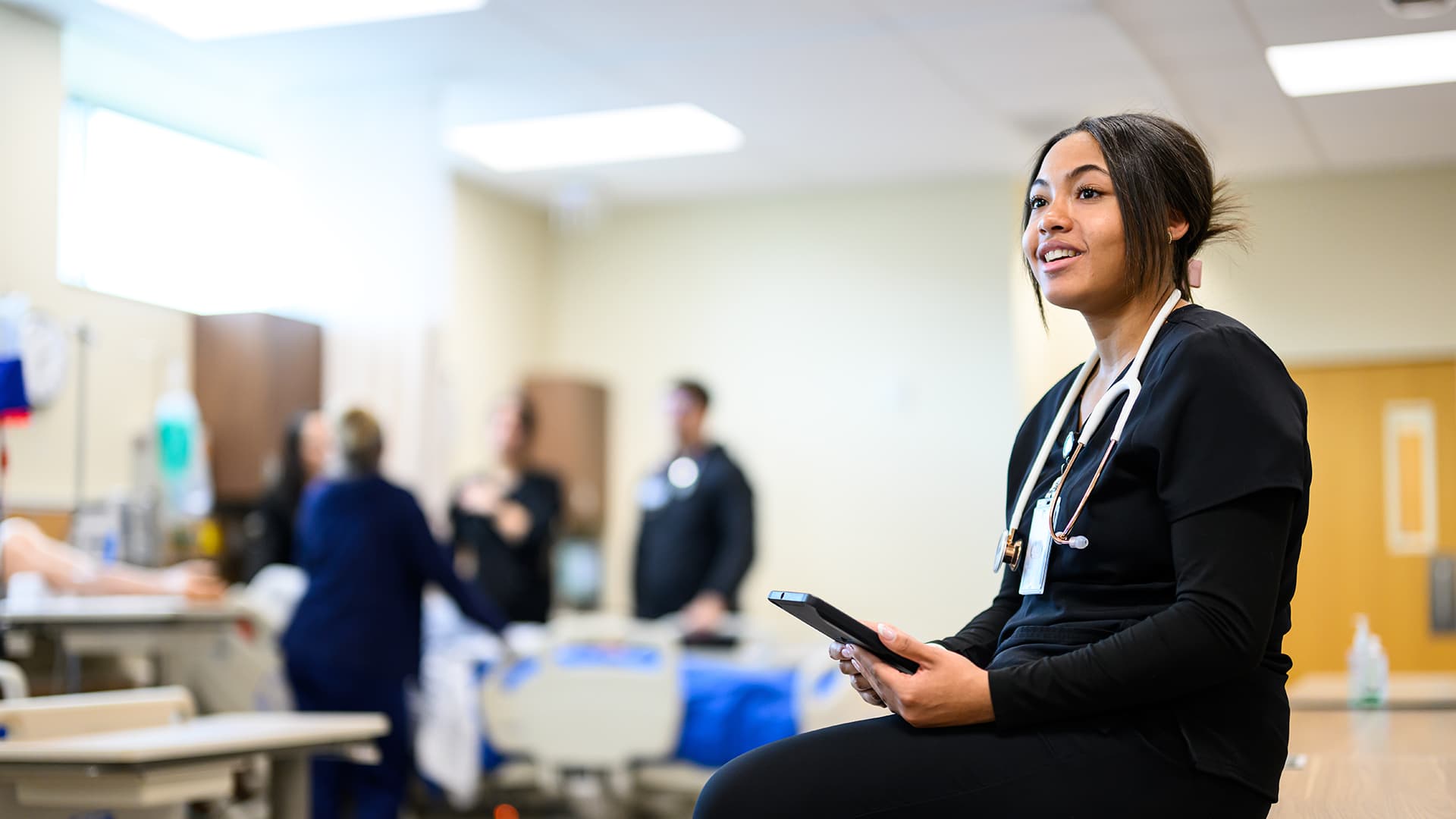
The Framework for Effective Employer Intermediaries defines employer intermediaries not by organization type but rather by the functions they perform to help employers design, implement, and scale work-based learning programs.

For January’s National Mentoring Month, Strada staff reflected on how mentors in all their forms have shaped our journeys as students and professionals.
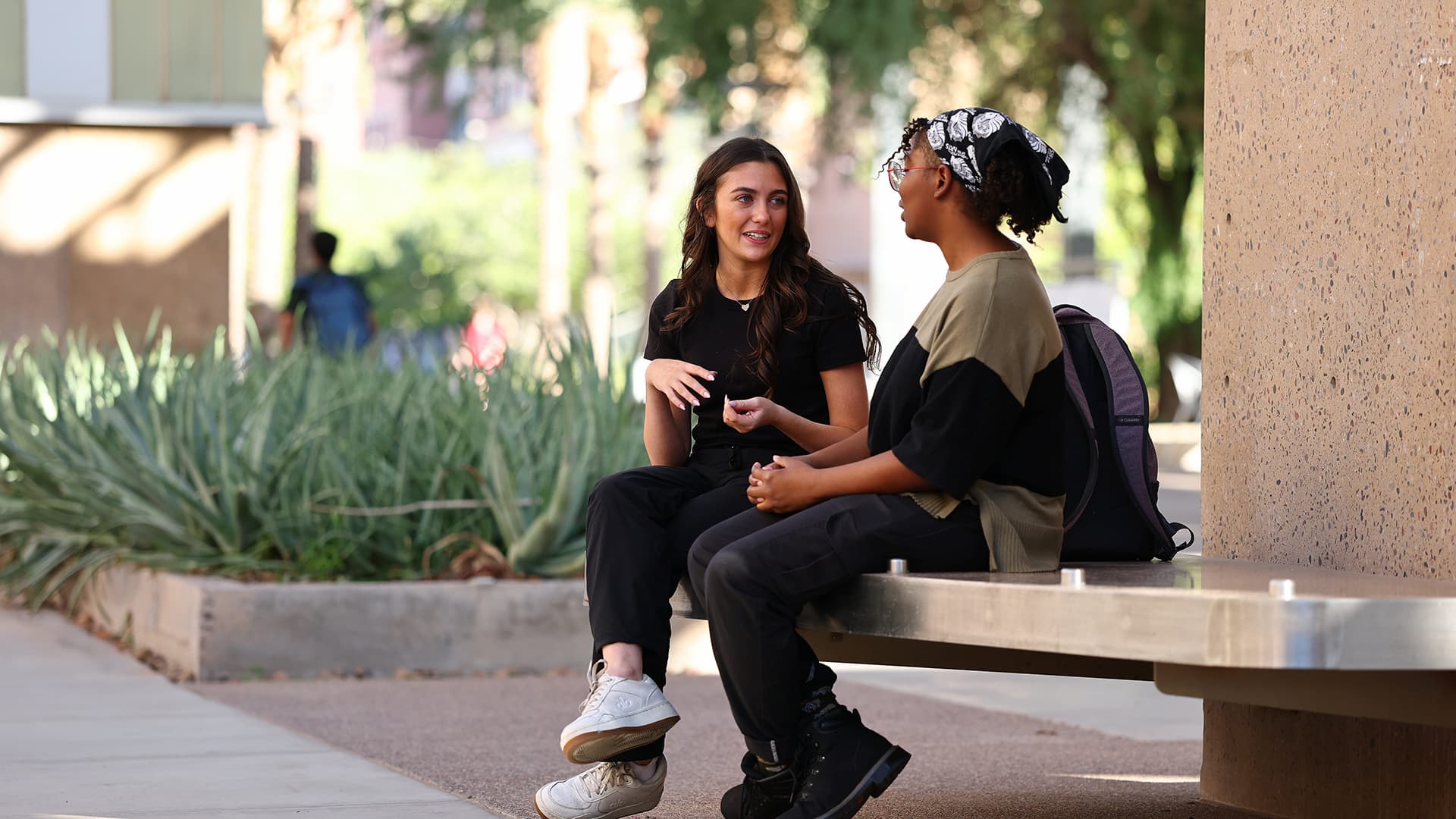
Large-scale systems-level change requires sustained attention and dedication, so when Strada looks back at progress made over the past year, we are inspired by moments that point toward a future in which every person — no matter where they start — can envision a way ahead that is filled with opportunity.
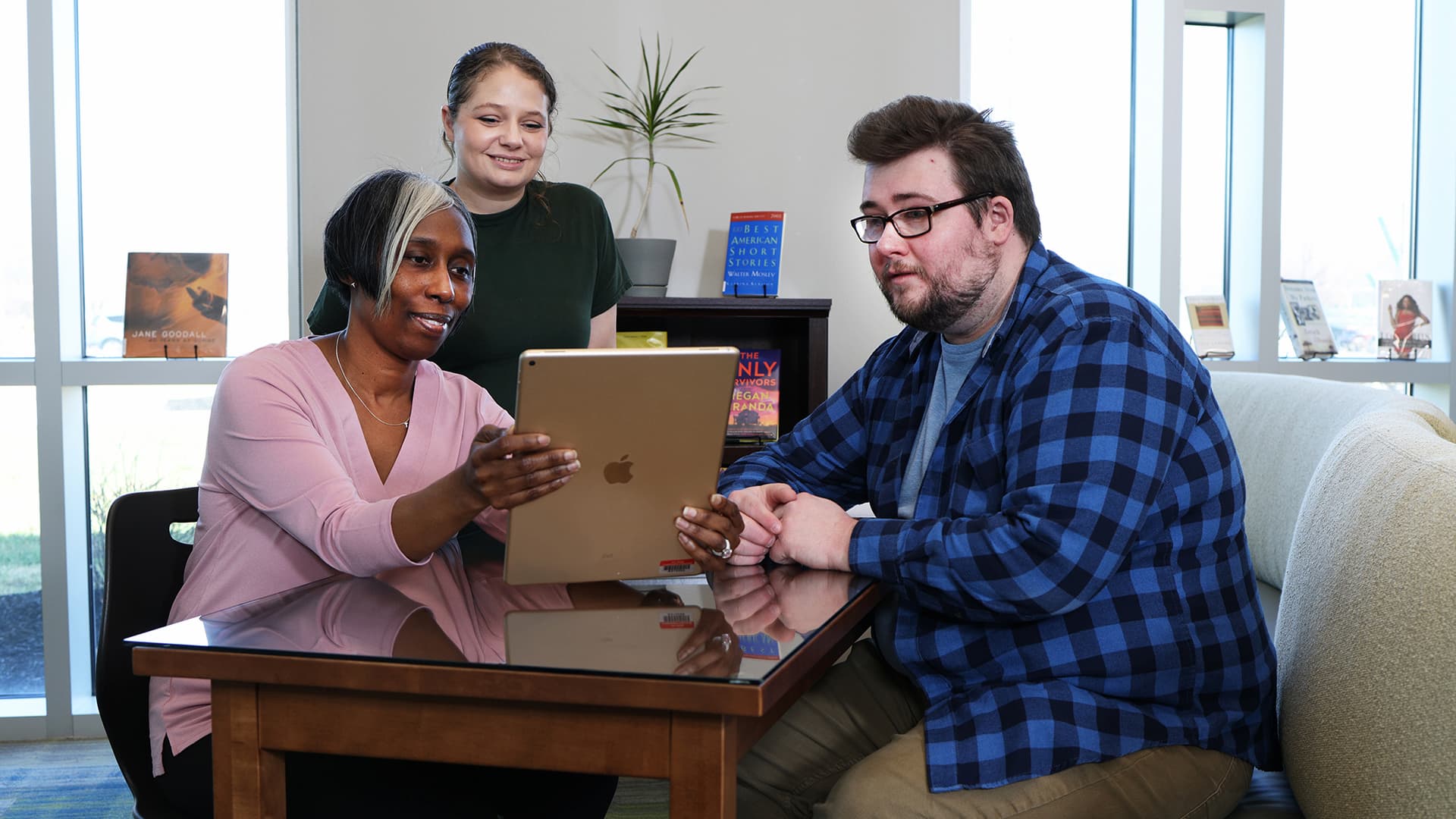
The Principles identify essential strategies for supporting students through quality education-to-career guidance as they transition from education to employment.
.jpg)
Home to one of the nation’s leading longitudinal data systems, Minnesota’s publicly available dashboards are designed to help policymakers and students alike.

The recent enactment of Workforce Pell grants for short-term, occupational training highlights the need to address the question of whether noncredit occupational training pays off for students.
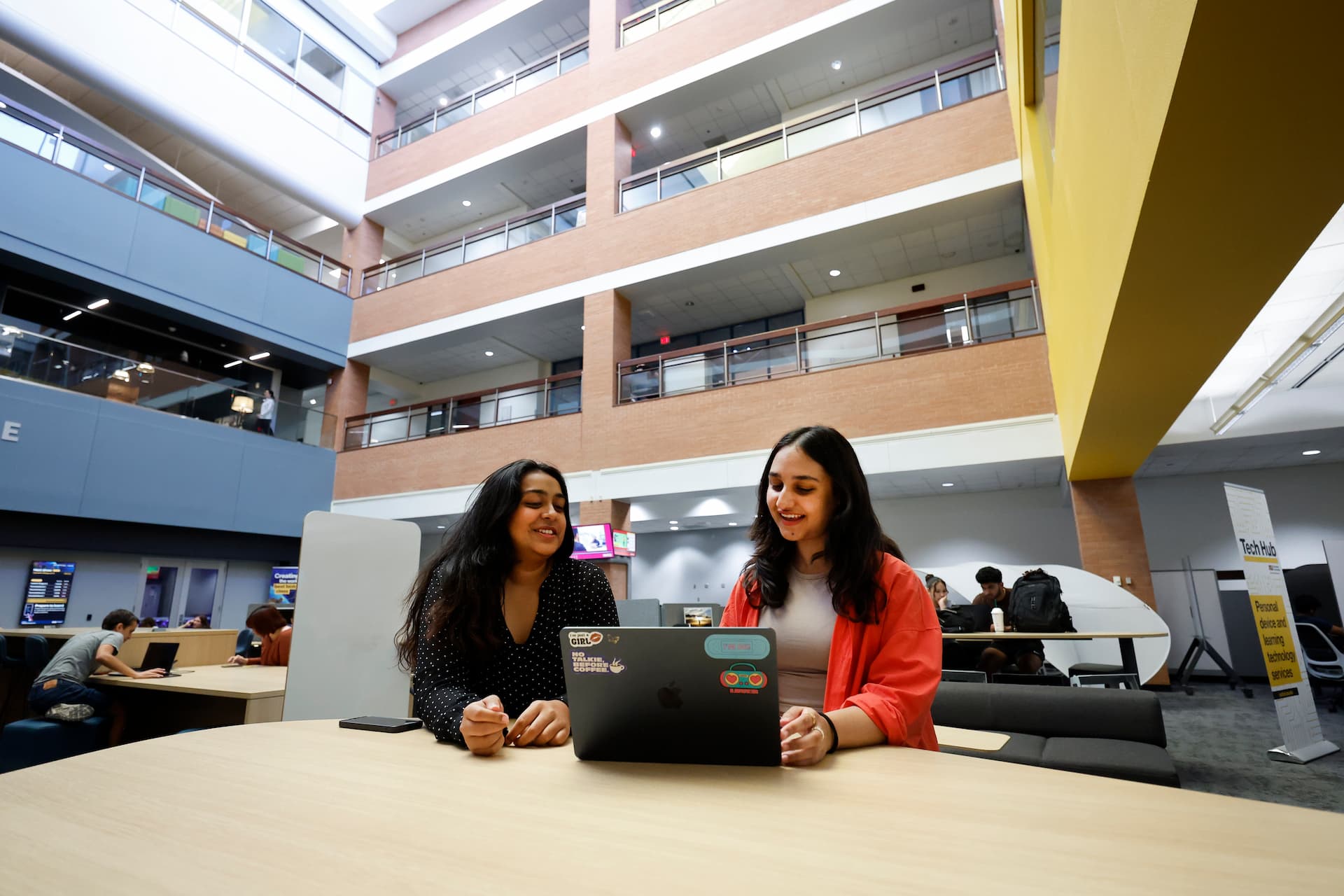
While overseeing the organization’s portfolio of affiliates, Cobert also leads multiyear partnerships with mission-aligned nonprofit organizations.
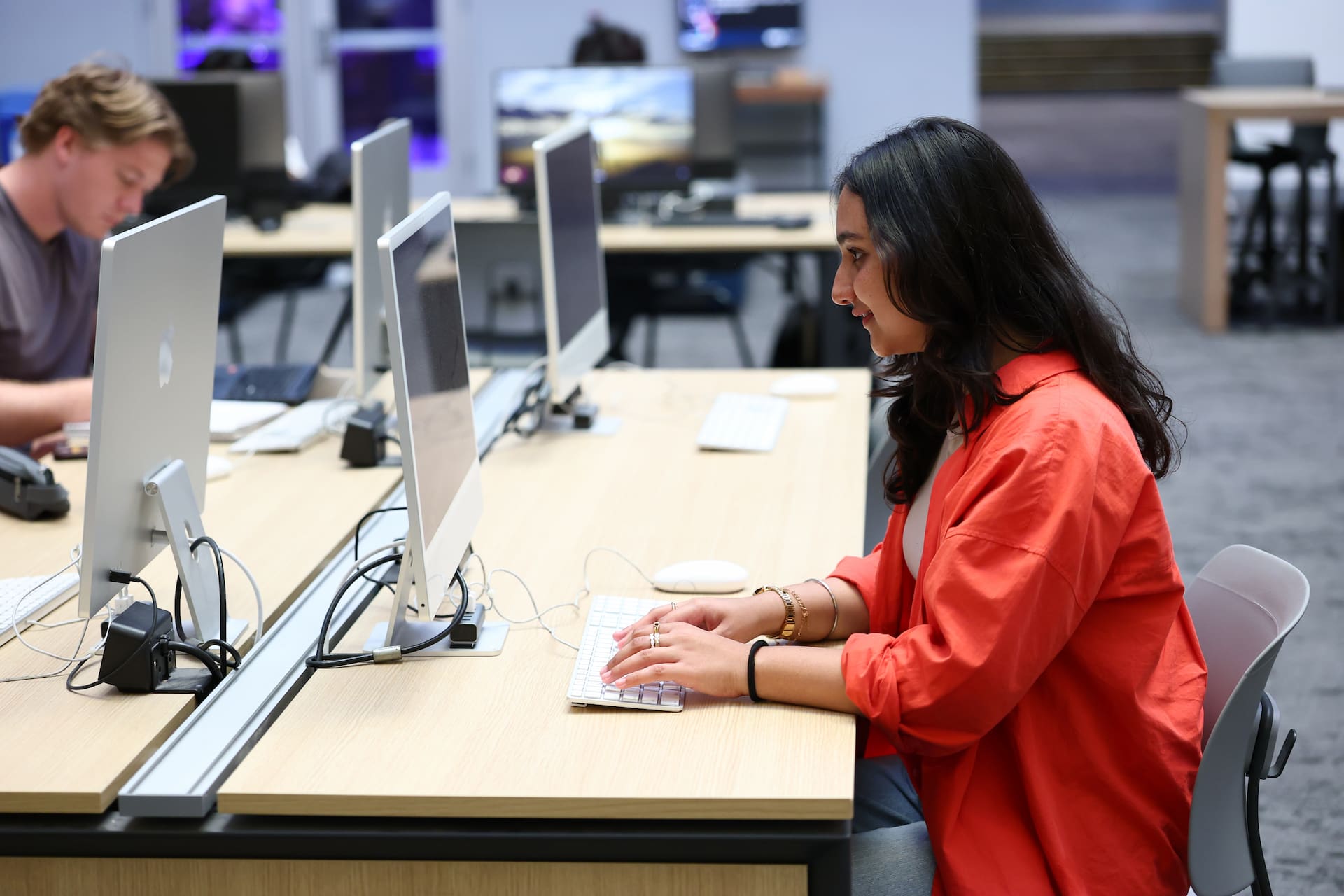
This letter is a response to a Request for Information (RFI), “Increasing College Cost and Value Transparency for Students and Families.”

More than 300 education and industry leaders from 36 U.S. states came together to learn from one another about how states are connecting education after high school with economic opportunity.
.jpg)
The following organizations have endorsed the Principles for Quality Education-to-Career Guidance. We asked these organizations: How can the Guiding Principles support your work? Here are some of their responses.

A practice called tuition discounting has become a key tactic for public institutions seeking to enroll students and generate revenue. It can leave students, families, and the general public confused about what college actually costs.
.jpg)
‘For many, having someone in your corner who knows how to translate dreams into plans can make all the difference.’
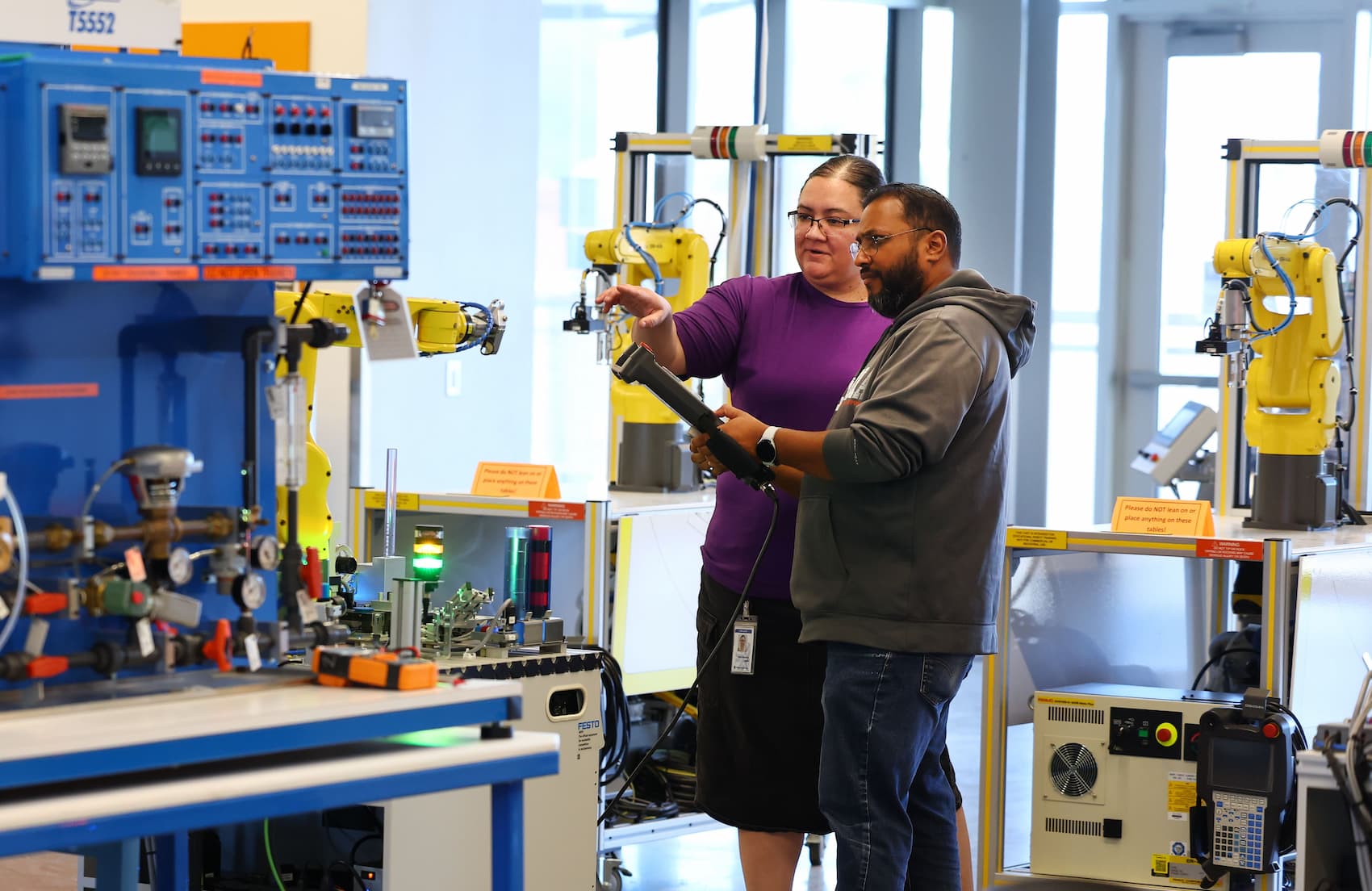
A recently released Strada report analyzed survey data from seniors enrolled at public four-year universities and colleges about a portion of the universe of work-based learning experiences.
.jpg)
The components are industry leaders that have the skilled workers they need, education and training providers that understand employers’ needs, and strong collaboration between those employers and educators.
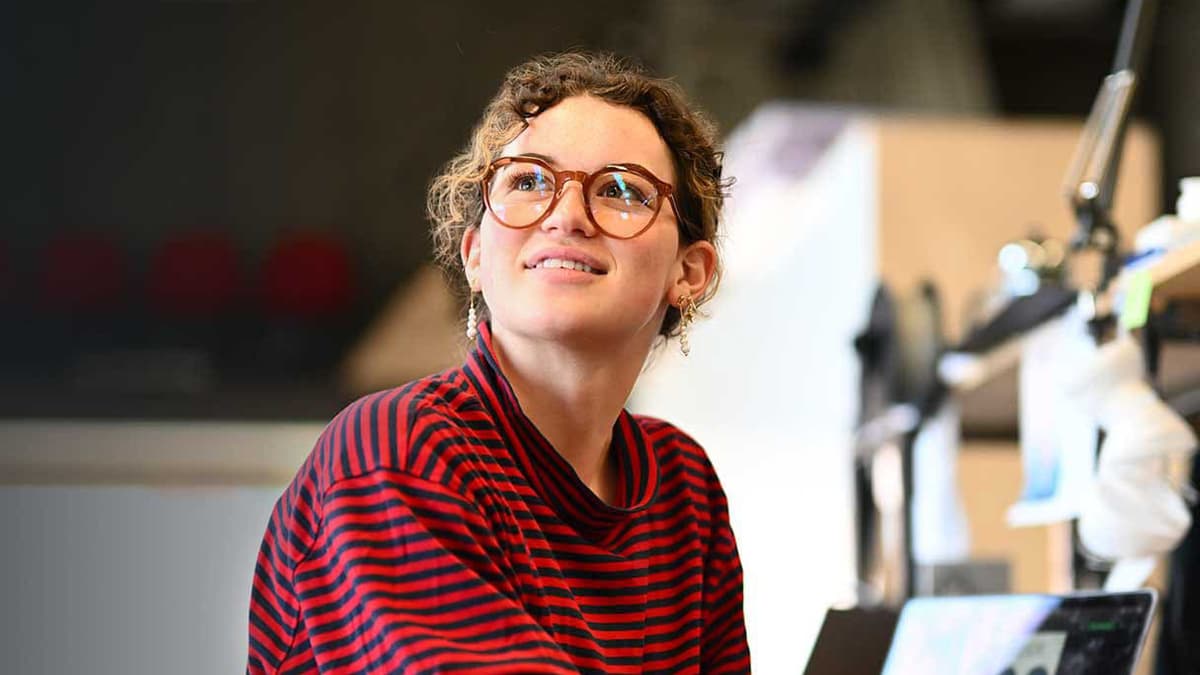
One of the most promising strategies for helping students connect their education to career opportunities is giving students the opportunity to participate in off-campus learning experiences that are aligned with their field of study. Unfortunately, these work-based learning experiences remain too scarce.
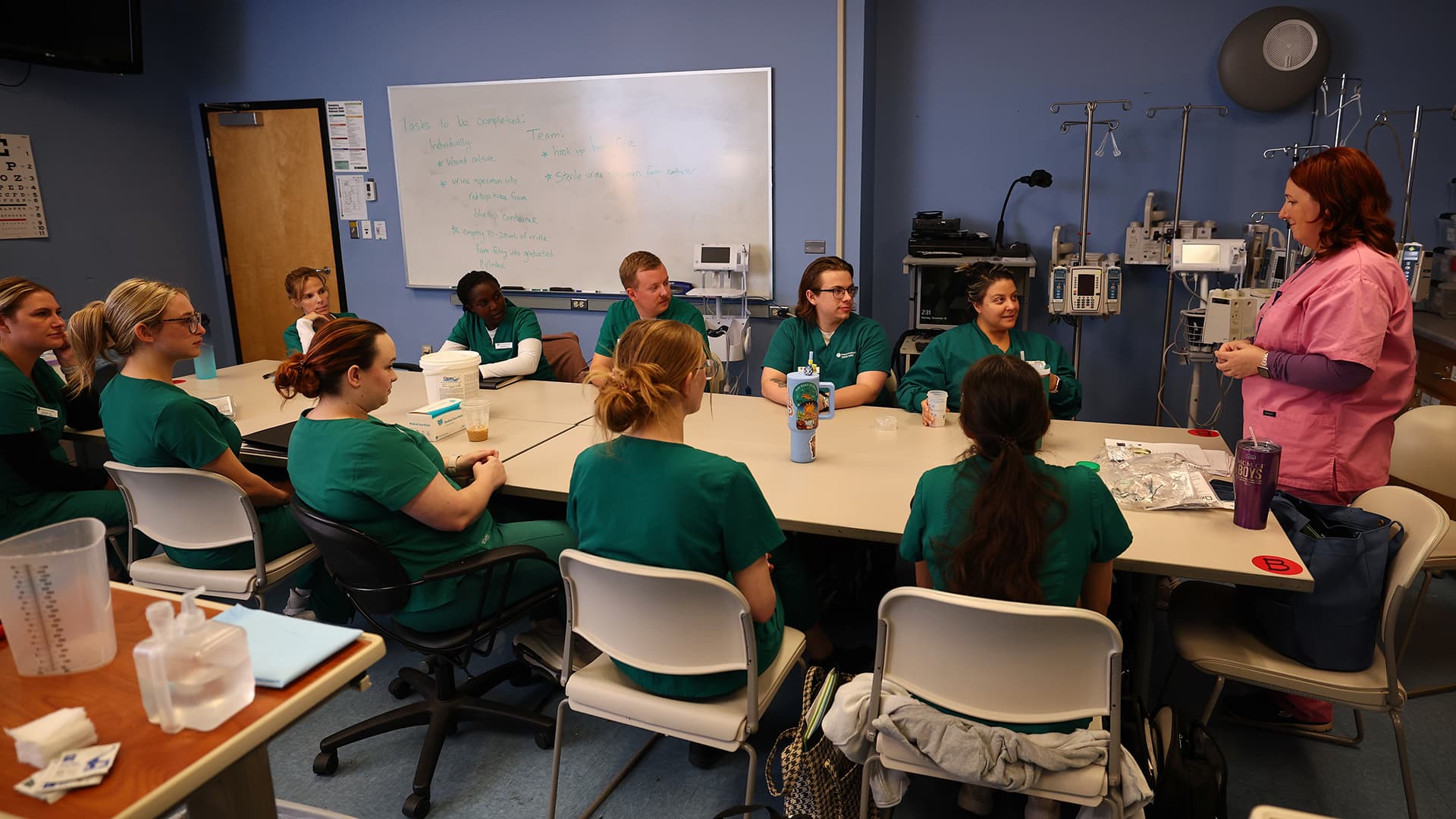
For learners, work-based learning improves access to a network, skills, and real-life work scenarios. For employers, it lowers the cost to hire and increases retention.

The largest meeting of the Postsecondary Employment Outcomes Coalition brought together postsecondary leaders from colleges, universities, state agencies, and other institutions.

A new Roadtrip Nation documentary, “Rethinking Higher Ed,” asks: What is required to ensure the path provides the most value for each person? Where do students find guidance as they chose their path? How can we be sure every learner has a guide?

States invest billions of dollars on education and training, but most can’t answer fundamental questions about which programs lead to good jobs and how well programs meet employer needs. By making enhancements to the workforce data they already collect, states could answer these questions and more.

This year the Strada HBCU Initiative celebrates its fourth year — a milestone that includes the graduation of many students in the first cohort of Strada Scholars.

College costs and concerns about affordability are persistent barriers for individuals interested in pursuing an education after high school, with 77 percent of adults believing college is unaffordable and most people significantly overestimating the cost of public institutions, both two-year and four-year.

One year after its release, Strada CEO and President Stephen Moret reflects on what has been learned so far and what to expect in the next iteration.

How a student chooses a college major is often the result of personal factors, such as interests, strengths, or education and career guidance.

Strada CEO and President Stephen Moret testified before the House Committee on Education and Workforce about reauthorizing the nation’s main workforce development legislation — the Workforce Innovation and Opportunity Act, or WIOA.

The senior vice president of HBCU and engagement discusses how a $25 million investment created a community of students who learn from one another while celebrating the legacy of HBCUs.

The institutions receiving the grants will develop innovative approaches to career services and share their knowledge and experiences with other schools.

In 2025, Strada’s look and brand image will change to reflect our commitment to working with focus, connection, curiosity, agility, and optimism — qualities that will guide us and undergird all our efforts.

Hundreds of institutions have come together to provide simple and clear pricing and financial aid information to students and families as part of the College Cost Transparency Initiative.
.avif)
Even though internships impart a strong labor market advantage that tends to persist after graduation, the nation’s supply of internships has not kept up with demand. A new report provides insights.
.avif)
Strada’s agenda lays out ambitious steps for improving education and employment systems so students realize the economic value of their education and employers have the talent they need to fill jobs.
.jpg)
Guidance in connecting education to a career can make the difference in improving completion and postcompletion outcomes. When grounded in effective practices including proactive outreach and comprehensive support, coaching is associated with improved persistence and graduation rates.

Strada’s report, Quality Coaching, looks at students’ experiences across three elements of quality coaching and we examine the experiences of recent graduates. The report also offers insights to leaders, practitioners, and others seeking to improve students’ career outcomes.

Strada worked closely with state data agencies and higher education executives to identify 10 critical elements that contribute to the capacity of state data systems.

The organization’s chief data ecosystem officer says education-to-employment data help individuals make informed decisions about college and workforce training.

Mentors in Tech, supported by a Strada grant, recruits veterans from the Seattle region’s robust tech industry to mentor students at the area’s small, affordable, open-access colleges.

The Building Better Internships report looks at the latest findings from the National Survey of College Internships, a survey developed by the University of Wisconsin-Madison’s Center for Research on College-Workforce Transitions.

Both Robinson and Love will support the foundation’s efforts to conduct research and develop policy solutions.

Through the Arizona State-led Work+Collective, more than a dozen institutions are injecting mentorship and career development skills into students’ employment.

Draeger, who is an expert in federal financial aid systems, will lead the foundation's efforts to make post-high school education less expensive.

The State Opportunity Index was developed to help states build a stronger connection between education after high school and equitable pathways to opportunity so students realize the full value of their education and employers have the workforce they need to fill high-demand jobs.

'Colleges and universities, states, and our country can do more to help prepare students for the critical transition from college to the labor market.’

The report offers a comprehensive picture of how college graduates fare in the job market over their first decade of employment after college.

The gift of time. A recognition of talent. A helping hand. How our mentors helped shape us as people and professionals. A few Strada staff members share their thoughts.

The former executive director of the Virginia Office of Education Economics has expertise with many workforce development topics.

MiraCosta College’s Increase Diversity, Equity, and Advancement in Biotechnology program, funded in part by a grant from Strada, includes a unique partnership between the college and two local biotech employers.

A report indicates both success and the need for improvement on the part of community colleges in meeting students’ varied goals

The community college learning lab and dental clinic is now a newly refurbished space where dental hygiene students refine their technique on mannequins outfitted with realistic incisors, molars, and cuspids. The clinic was remodeled through a partnership with Delta Dental of Rhode Island and supported by a $400,000 grant from Strada Education Foundation.

Applied connections between education and work are increasingly a part of undergraduate education in the United States.

A new and improved Free Application for Federal Student Aid should help more students and their families access money to pay for college, but presents challenges for those who help students complete it.

The credentialing program, supported by a grant from Strada, gives students training that makes them more attractive to prospective employers and graduate schools.
.avif)
Nine University of Texas campuses now offer microcredentials, funded in part from a Strada grant challenge.

A program partially funded by Strada’s Beyond Completion Challenge enables students to earn a valuable Google Career Certificate and take Adobe Certified Professional exams.

The University of Texas System puts programs in place at nine campuses for students to earn additional certificates and skills badges that should be desirable for employers.

A new Strada research report indicates that community college attendees have mixed opinions on the value of their education from those institutions.

The foundation’s president and CEO and former chancellor of the California Community Colleges explored a Strada report that captures factors that motivated recent alumni to enroll in community college.

Major changes in the Free Application for Federal Student Aid, combined with an expected delay in its release, are combining to intensify the work of spreading the word about the updated form.

The innovative leader brings an extensive track record of navigating through challenges to create effective education-to-employment data systems.

Three-year grants awarded to four institutions will support the expansion of programs designed to help learners succeed during and after completion of their degree or credential.

The two-year grants will support proven partnerships that connect learners to education and in-demand employment opportunities and strengthen regional economies.

At a time of declining enrollment and growing societal uncertainty about higher education’s value, the views of alumni can help ensure that today’s students maximize all the benefits that college offers.

A new study from Strada reveals a silver lining at a challenging time in the employment world.

As the U.S. faces a dramatic period of job turnover, economic uncertainty, and postsecondary enrollment declines, employers and educators seek to find ways to meet rapidly changing education and workforce needs.

Phase 2 allows Taskforce on Higher Education and Opportunity members to seek up to $1.5 million ($6.25 million total) to expand efforts to connect education to employment.

Disparities in securing paid internships persist for women, people of color, first-generation college students, and students with low incomes — even when taking into account their fields of study.

Two centuries after the first historically Black colleges and universities were founded, the 101 accredited HBCUs in operation today continue to deliver on their legacy of expanding educational opportunity for Black students that leads to successful and fulfilling lives.

As a field, higher education has experienced a continuing evolution in how to measure success. For nearly five decades success efforts were focused on access, followed by the past decade and a half pursuing completion, and the field now has a growing focus on the value of a degree and student outcomes beyond completion.

Strada announces the winners in the initial phase of a grant challenge aimed at helping higher education institutions improve career and life opportunities for several disadvantaged populations.

The recognized economic and workforce development leader with successful tenures in Virginia and Louisiana will join the national nonprofit in January 2022.

The grant competition seeks to connect learning with employment for first-generation students, those who struggle to afford education, and students of color.

